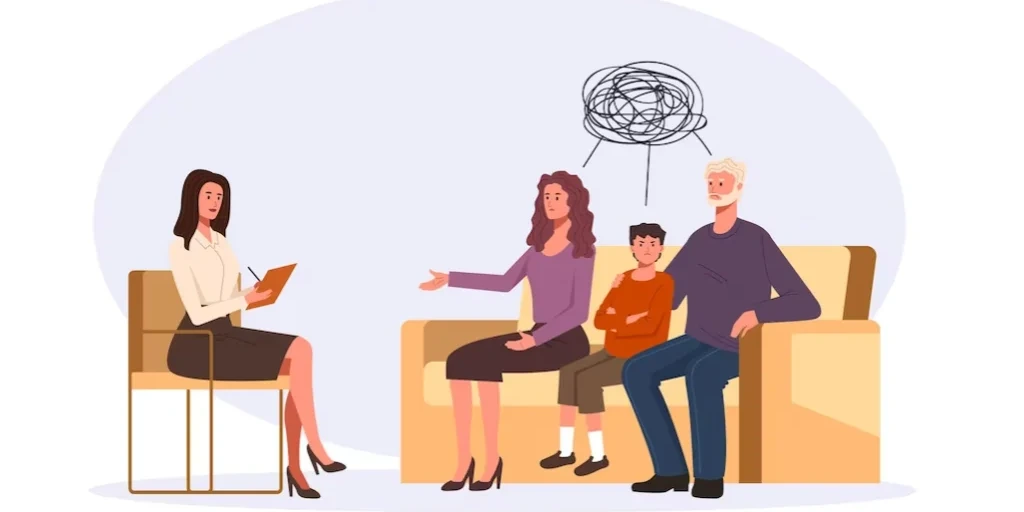24/7 Helpline:
(866) 899-221924/7 Helpline:
(866) 899-2219
Learn more about Depression Treatment centers in Boone County

Other Insurance Options

Providence

Ambetter

Multiplan

Health Net

Access to Recovery (ATR) Voucher

Optima

Anthem

EmblemHealth

Sutter

Sliding scale payment assistance

Coventry Health Care

Kaiser Permanente

PHCS Network

BlueCross

GEHA

Magellan

Lucent

BlueShield
Beacon

Private insurance

Rosecrance
Rosecrance is a private not-for-profit organization offering behavioral health services for children...





































Remedies Renewing Lives
Remedies Renewing Lives - North State Street is located in Belvidere, Illinois. Remedies Renewing Li...

Hiawatha Valley Mental Health Center
Hiawatha Valley Mental Health Center is a private rehab located in Caledonia, Minnesota. Hiawatha Va...





















































